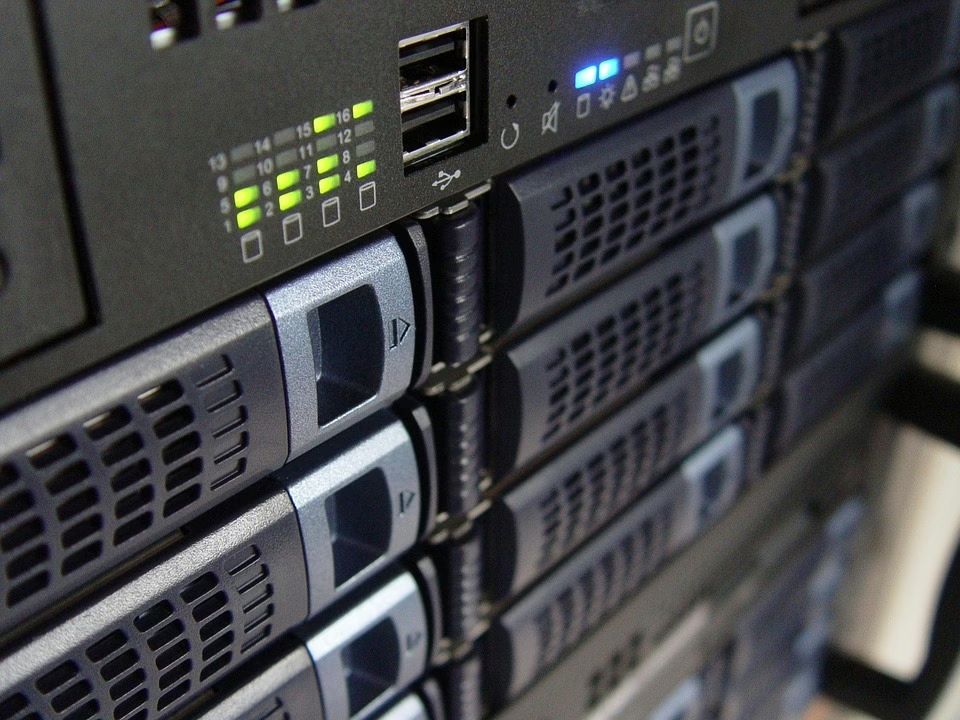Beyond the Surface: Unpacking the True Meaning of Technology
Introduction
In the modern world, technology encompasses an extensive range of tools and systems, reshaping human experience and the very fabric of society. From smartphones that connect us to vast networks of information, to artificial intelligence systems that can learn and adapt, we often view technology through a superficial lens that highlights its functions and innovations. However, to understand the broader implications of technology, we need to delve deeper into its meanings, implications, and nuances.
This article seeks to unpack the true meaning of technology by exploring its historical evolution, cultural significance, ethical dilemmas, and its impact on human behavior and societal structures. Ultimately, we aim to uncover how technology influences our lives beyond its immediate utility.
Chapter 1: The Evolution of Technology
1.1 Defining Technology
The word “technology” derives from the Greek “techne,” meaning art or craft, and “logia,” meaning study or discourse. In essence, technology can be defined as the application of scientific knowledge for practical purposes, particularly in industry. However, its implications extend far beyond mere tools and machines.
1.2 Historical Context
From the invention of the wheel to the development of the internet, technology has evolved at an astonishing rate. The agricultural revolution marked one of the first significant technological advancements, allowing humans to move from a nomadic lifestyle to settled farming communities. This shift laid the foundation for societal complexity and the development of various cultures.
The Industrial Revolution introduced mechanization, transforming manufacturing processes and subsequently altering social structures. The 20th century heralded the Information Age, where computers and the internet revolutionized communication, education, and access to information. Understanding this evolution is critical in integrating technology into our worldview.
Chapter 2: Cultural Significance of Technology
2.1 Symbolism and Identity
Technology often serves as a symbol of progress and modernity. The adoption of advanced technologies can reflect a society’s value system, aspirations, and identity. For example, the smartphone has not only redefined communication but has also become a status symbol, influencing personal identity and societal interactions.
2.2 Cultural Imperialism
However, the spread of technology is not without its complications. Cultural imperialism manifests when dominant technologies overshadow local traditions and practices. The global dominance of American tech companies, for example, often leads to the erasure of local cultures and languages, as people increasingly adopt globalized norms over indigenous practices.
2.3 Art and Creativity
Technology has also impacted creative fields. Digital art forms, music production technologies, and online platforms for sharing creativity have democratized artistic expression. While this has opened doors for many, it raises questions about authenticity and the commodification of art.
Chapter 3: Ethical Implications of Technology
3.1 Privacy Concerns
The digital age has ushered in an era where personal information is harvested and monetized. Companies collect data to create personalized experiences, but this often comes at the cost of individual privacy. Questions arise: How much of our privacy are we willing to sacrifice for convenience?
3.2 Automation and Employment
With the rise of automation and AI, concerns about job displacement continue to grow. While technology promises efficiency and cost reduction, it poses significant ethical questions about the future of work and the responsibilities of companies to their employees.
3.3 Digital Divide
As technology advances, so does the gap between those who have access to it and those who do not. The digital divide exacerbates existing social inequalities. Understanding and addressing these disparities is crucial for creating an inclusive society where the benefits of technology are shared by all.
Chapter 4: Human Behavior and Social Structures
4.1 Social Interaction
Technology has transformed the way we interact. Social media platforms, messaging apps, and virtual meetings have created new forms of communication, often leading to a paradox of increased connectivity but diminished face-to-face interactions. The psychological effects of this shift are still being studied.
4.2 The Impact on Mental Health
The reliance on technology has been linked to various mental health issues, including anxiety and depression. The pressure to maintain an online persona, coupled with the constant influx of information, can be overwhelming. Understanding this relationship is critical for promoting healthier lifestyles in a technology-driven world.
4.3 Education and Learning
Technology has revolutionized education, creating opportunities for remote learning and access to a wealth of information. However, it has also raised questions about the efficacy of online versus traditional education methods and the long-term implications for critical thinking skills.
Chapter 5: The Future of Technology
5.1 Emerging Technologies
Technological advancements continue to evolve, with fields like biotechnology, quantum computing, and renewable energy on the horizon. Understanding the potential impact of these technologies on our future is essential for informed decision-making.
5.2 Ethical Frameworks
As technology evolves, so too must our ethical frameworks. Developing guidelines that prioritize human welfare, equitable access, and sustainable practices will be vital for navigating the complexities technology introduces.
5.3 A Technology-Conscious Society
Fostering a culture that is critically aware of technology is essential. This includes promoting digital literacy, encouraging ethical discussions, and advocating for inclusive access to technological resources.
Conclusion
The true meaning of technology transcends its functional aspects. Understanding technology requires a multifaceted approach that considers its historical evolution, cultural significance, ethical implications, and impact on human behavior and social structures. As we navigate an increasingly technologically infused world, we must remain conscious of how we interact with, and shape, the tools we create.
References
- [1] Author, A. (Year). Title of Work. Publisher.
- [2] Author, B. (Year). Title of Work. Publisher.
- [3] Author, C. (Year). Title of Work. Publisher.
This brief outline and segments provide a starting point for a deeper exploration into the meaning of technology. The final article could be expanded upon by incorporating extensive research, real-world examples, case studies, and more nuanced discussions about each topic.


























Add Comment